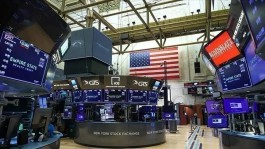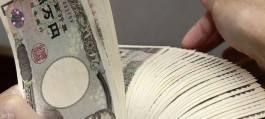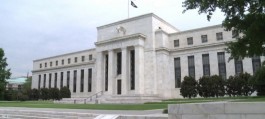Asian stocks fell after Federal Reserve Chairman Jerome Powell downplayed the likelihood of further interest rate hikes. The yen resumed losses after a surprise rally that could be due to possible Japanese government intervention.
The yen fell as much as 1% against the dollar in early trading on Thursday, after surging more than 3% late Wednesday in New York from its intraday low.
Asked about the possibility of Japanese government intervention to support the currency, Masato Kanda, vice finance minister for international affairs, said he had nothing to say on the matter. The dollar index fell for a second day in trading on Thursday, reflecting lower U.S. yields.
Japanese Yen Support
“It certainly looks like the Japanese currency’s moves are becoming more interventionist,” said Nathan Thoft, of Manulife Investment Management. “The repeated attempts certainly send a message to the market that while they may not stick completely, they should have some effect in preventing further significant yen weakness.”
Stocks in Japan and South Korea fell while Australian shares were little changed, after the S&P 500 closed down 0.3% on Wednesday. U.S. stock futures rose in Asian trading as Hong Kong markets returned after a holiday, while mainland Chinese markets remained closed.
The Federal Reserve downplayed the prospect of imminent interest rate hikes, helping to calm bond markets, while announcing it would shrink its balance sheet at a slower pace to ease pressures in financial markets.
Krishna Guha of Evercore said the underlying message was that the cuts were being postponed, not cancelled. “For the outlook, this is a very tough revision to tightening,” he said.
Achieving inflation target
Treasury bond prices were little changed in Asia after yesterday’s rally. Swap traders have been ramping up their bets on monetary policy easing this year. At one point, markets were heading for their biggest Fed rate-day rally of the year across assets. Australian and New Zealand bond yields were lower at the open today, following yesterday’s moves in U.S. Treasuries.
US Federal Reserve Chairman Jerome Powell said the Fed's next move was unlikely to be to raise interest rates, saying authorities would need to see convincing evidence that monetary policy was not tight enough to bring inflation back toward the central bank's 2% target.
Nald Temple, of Lazard Asset Management, considered that Powell succeeded in achieving the goal perfectly today, adding: I think the Fed's cautious approach will be successful over time as inflation declines as we go through the year.






































